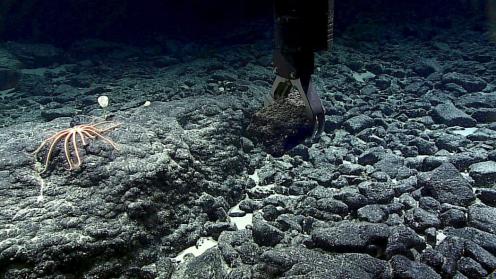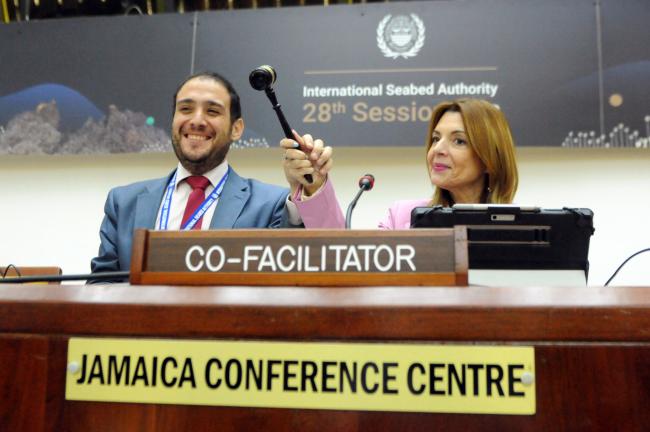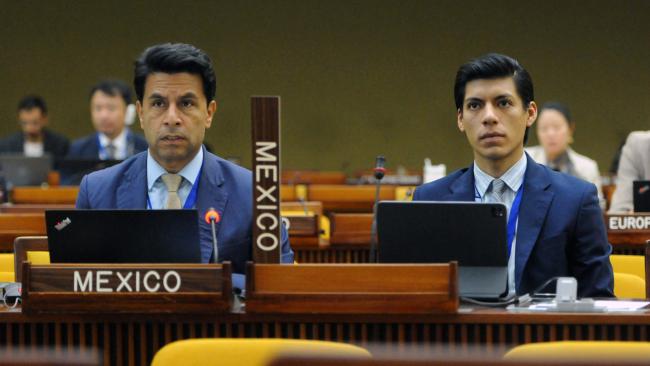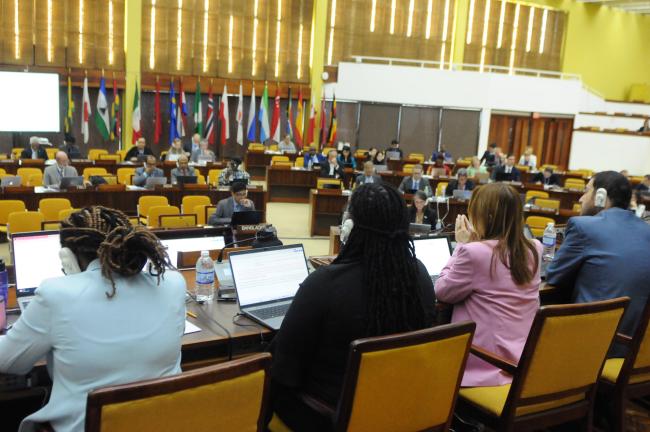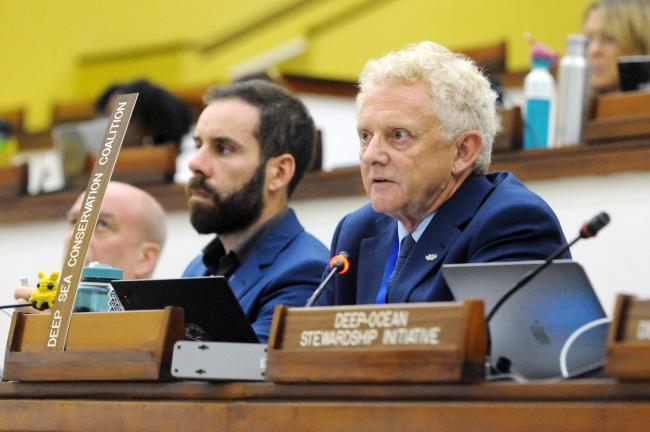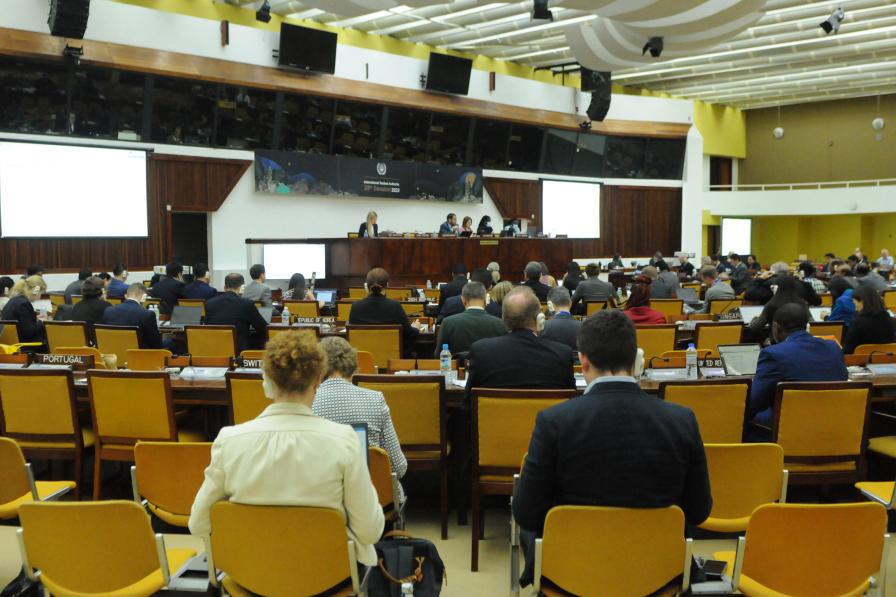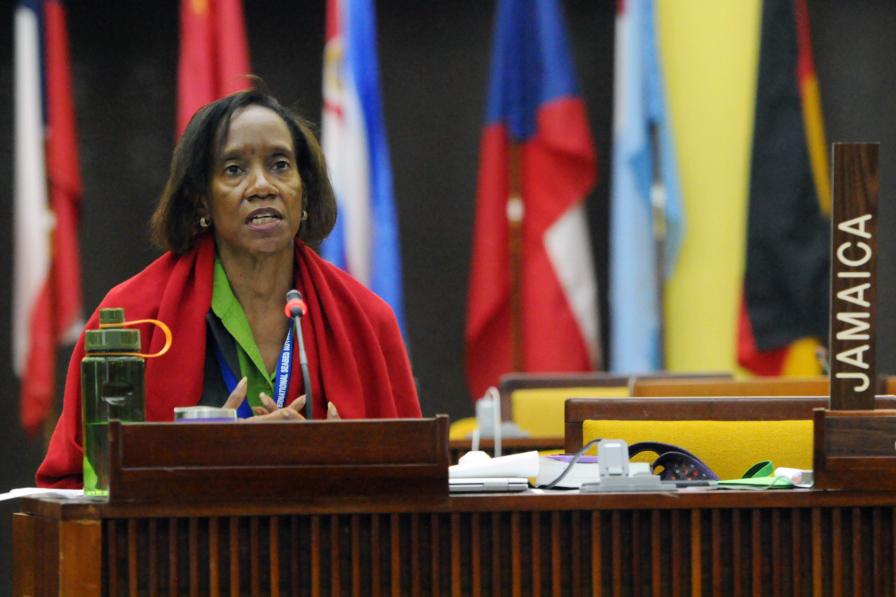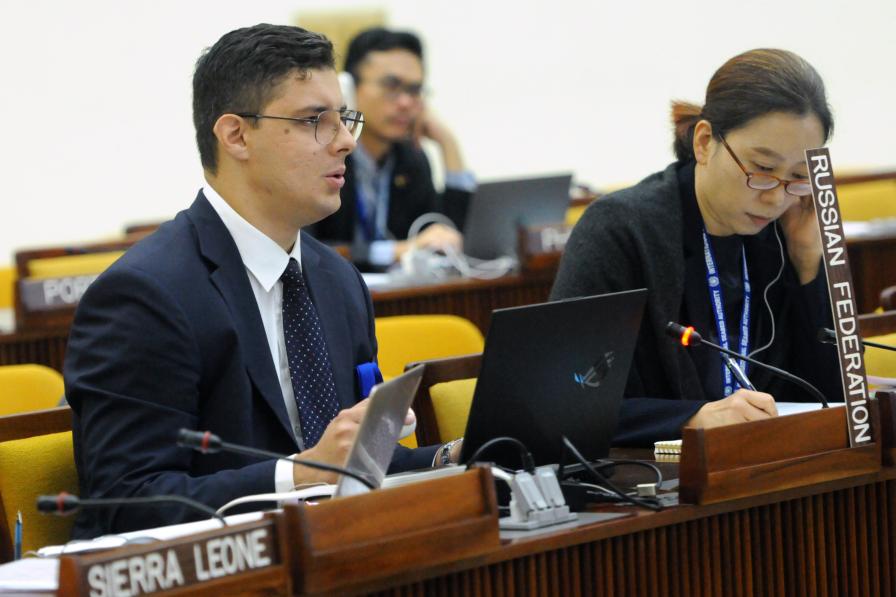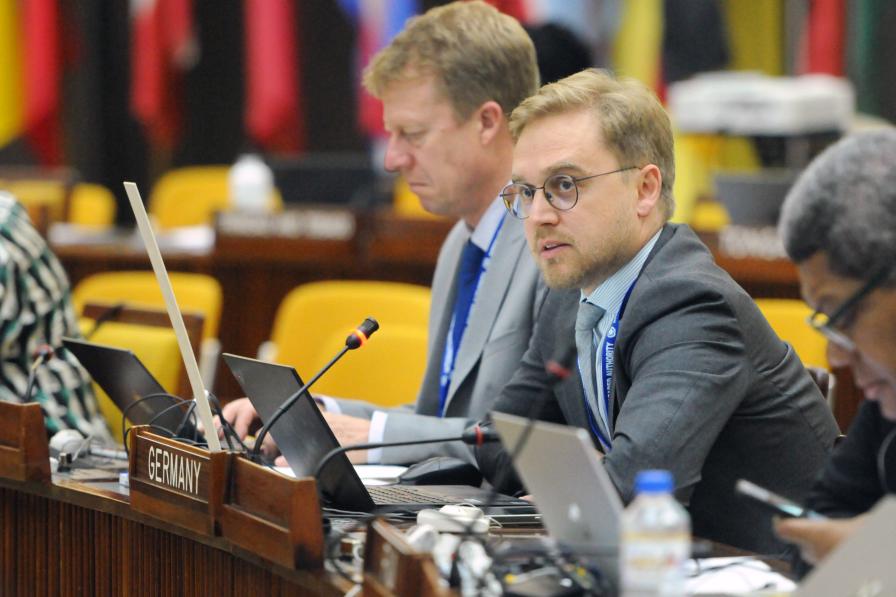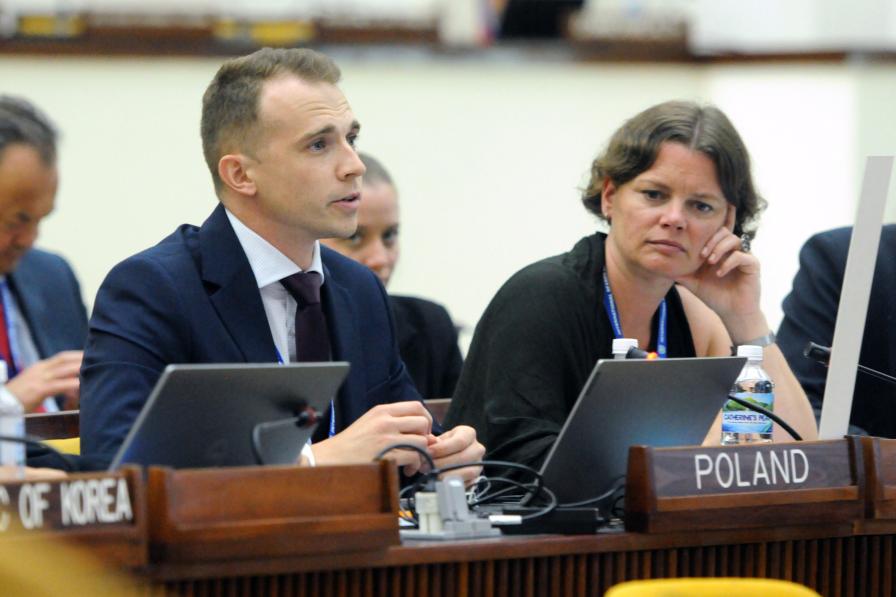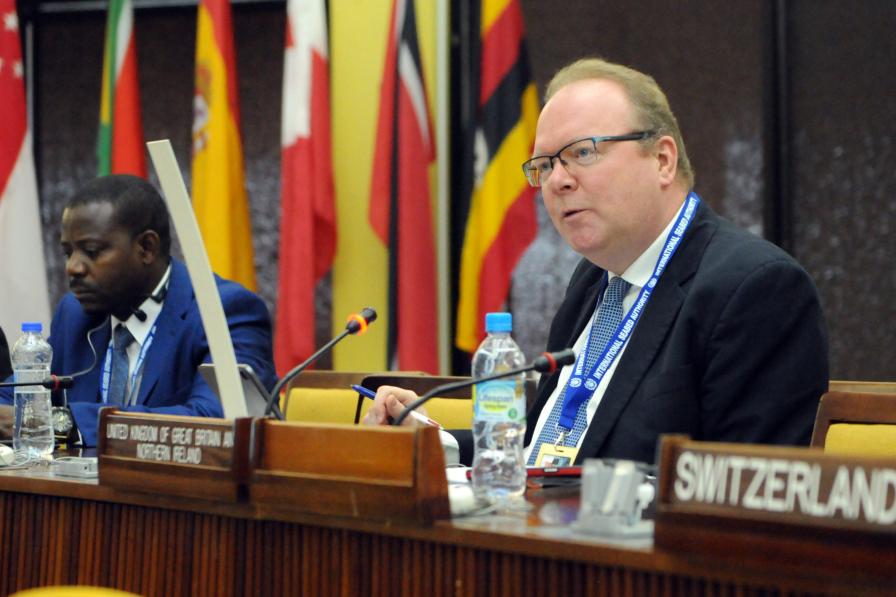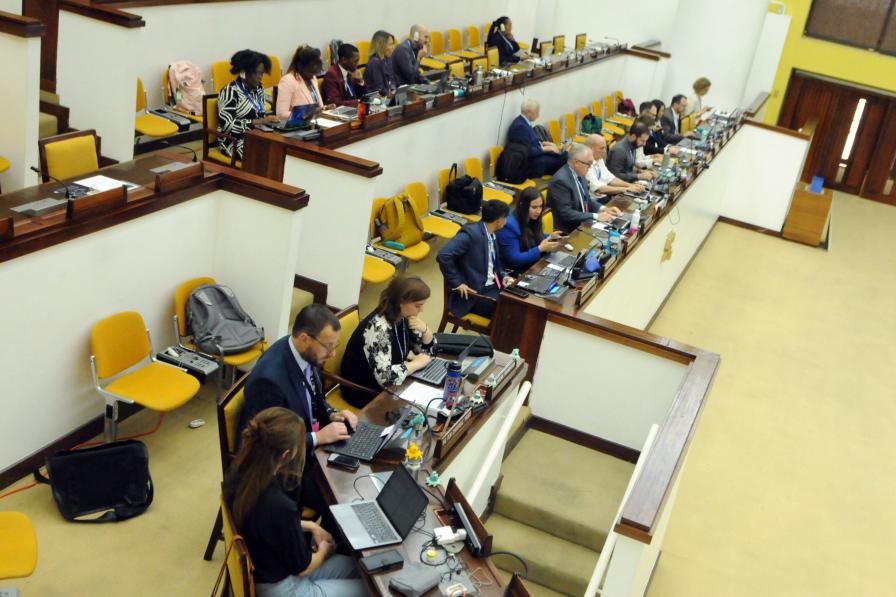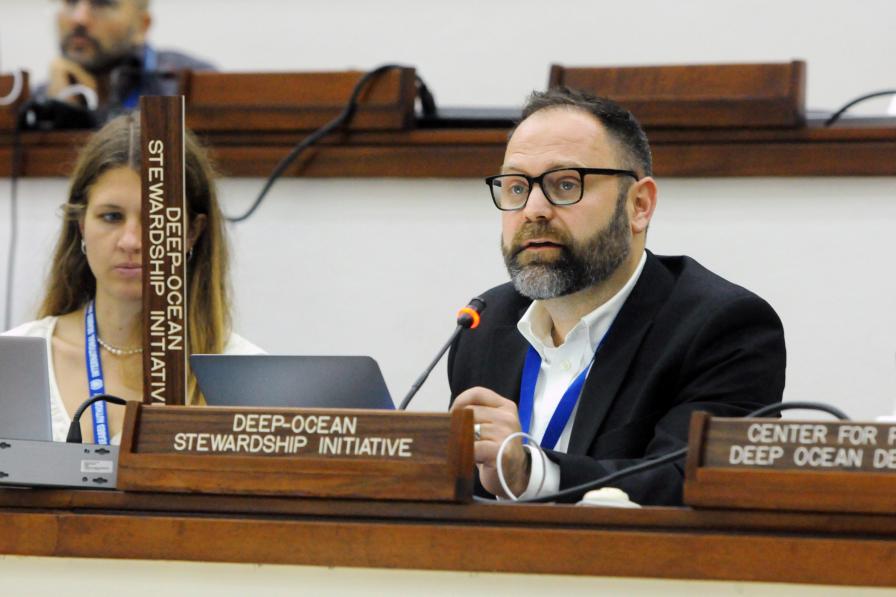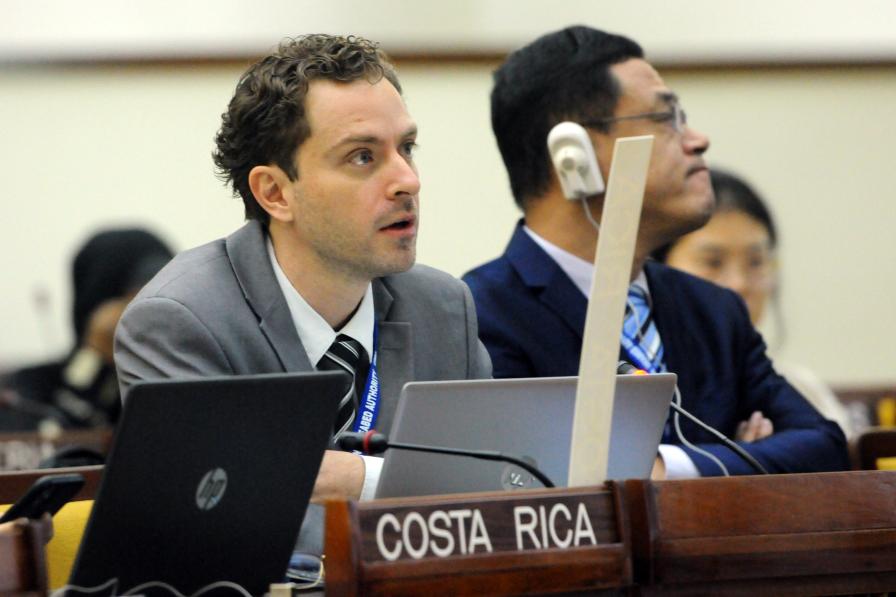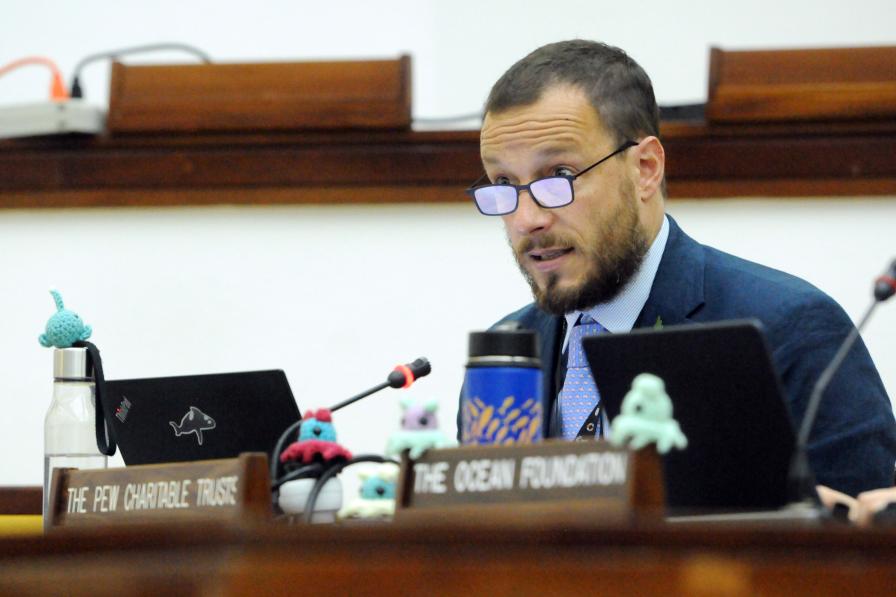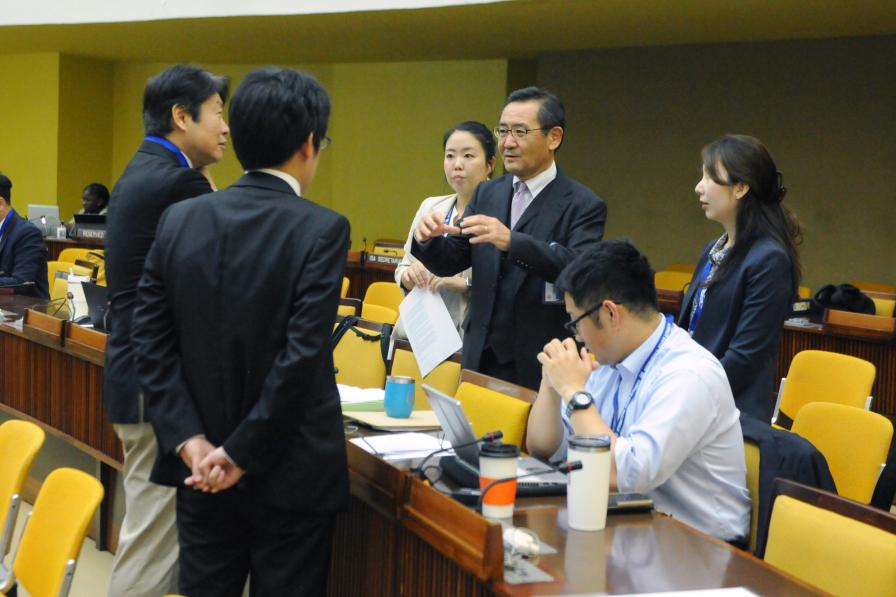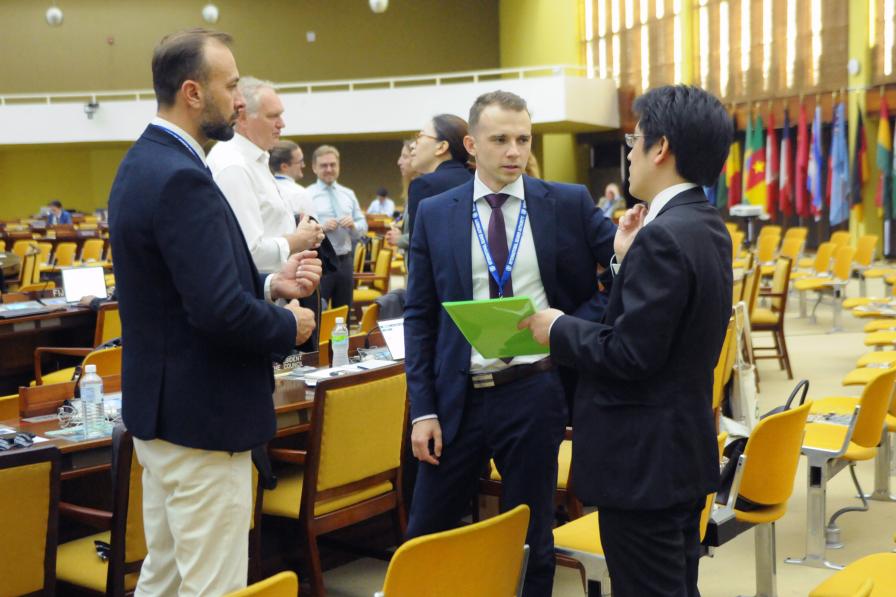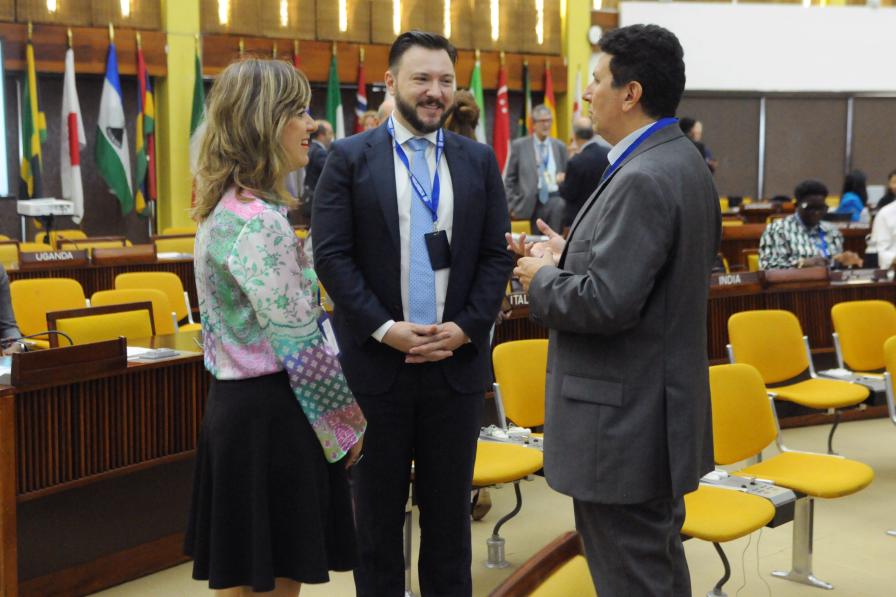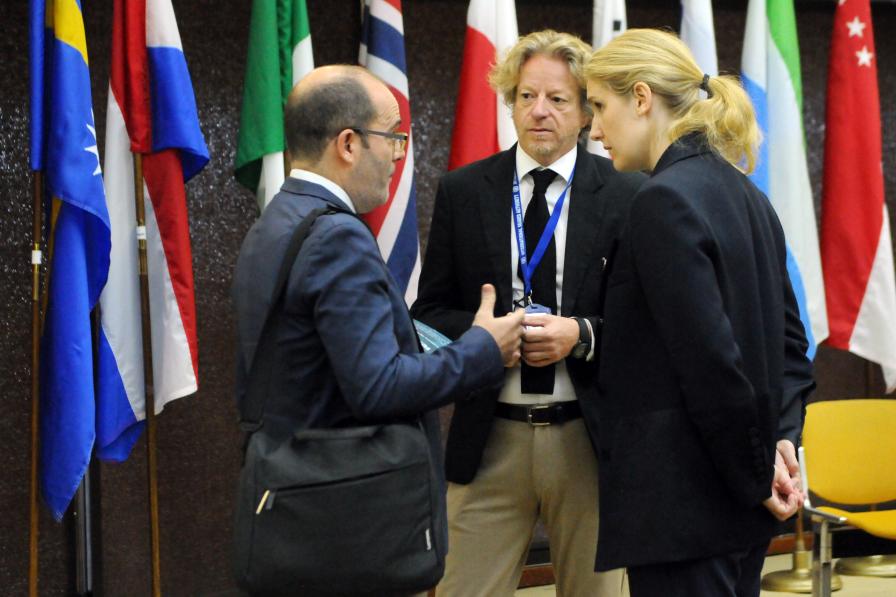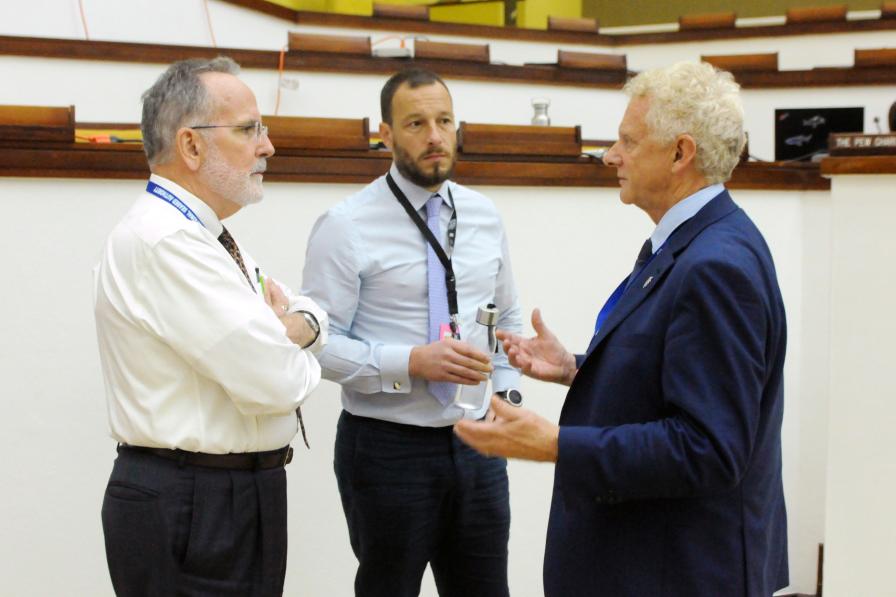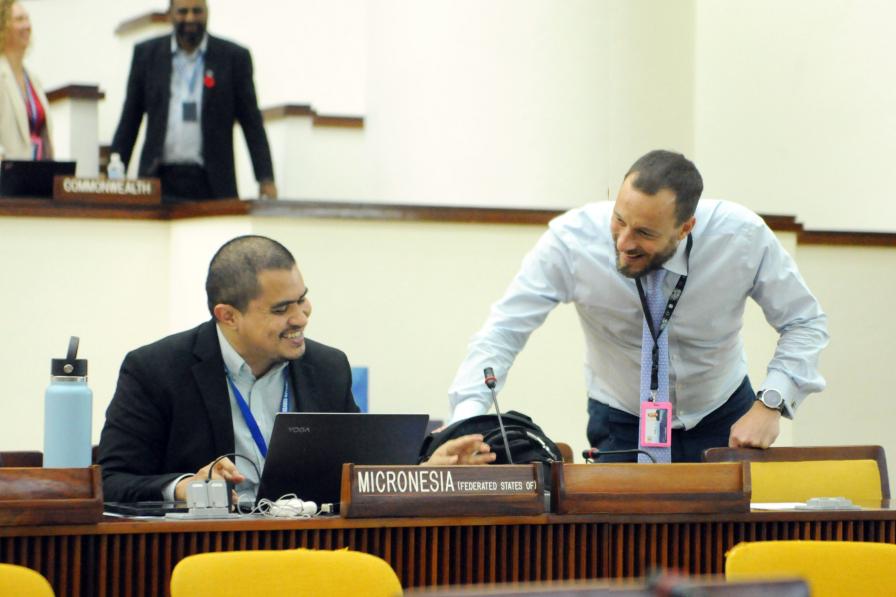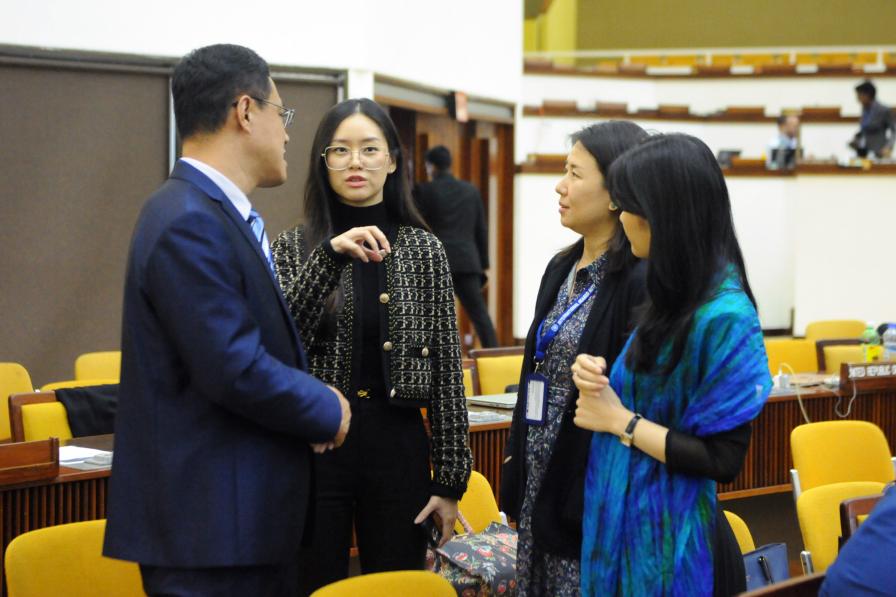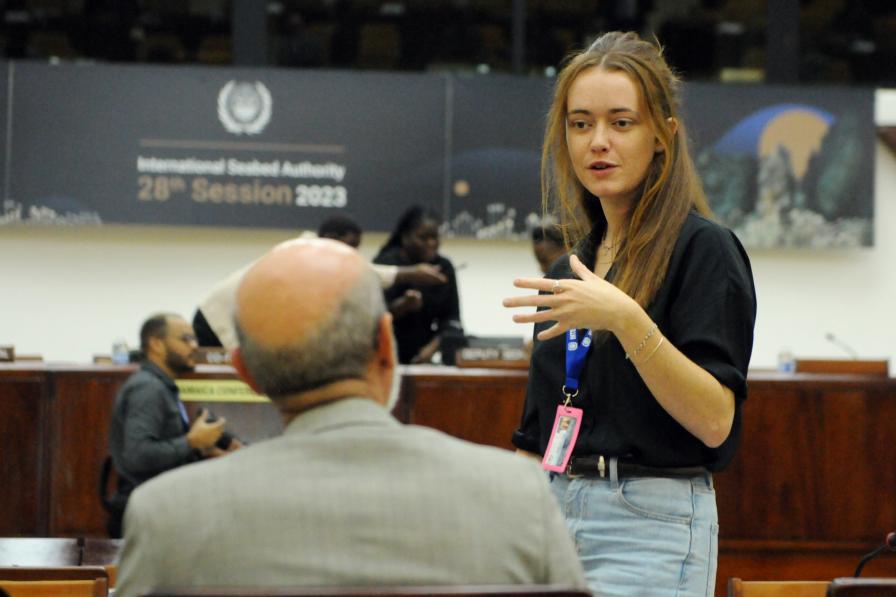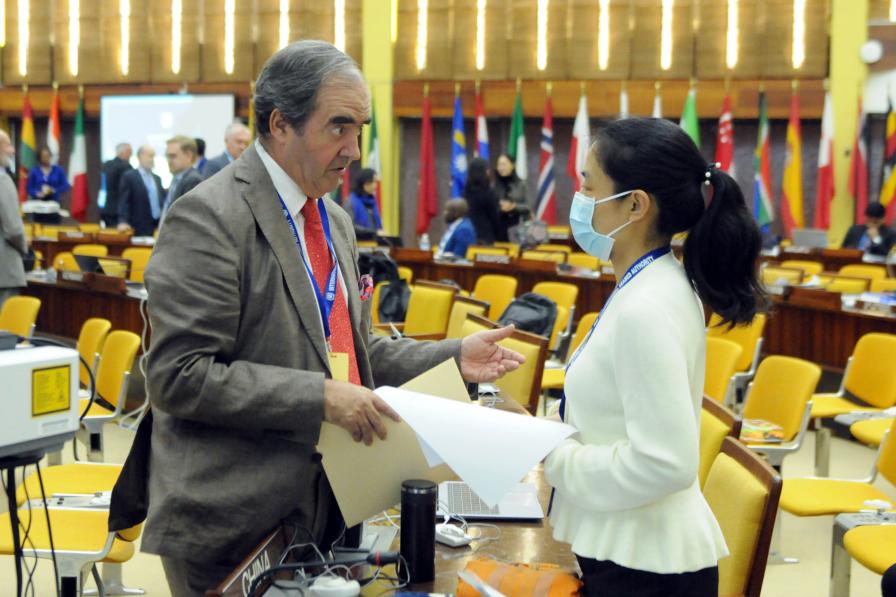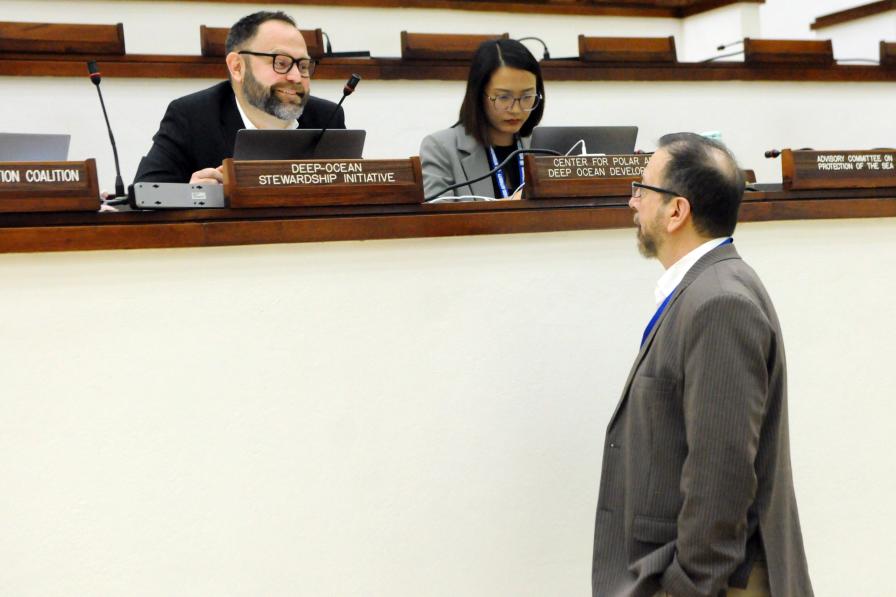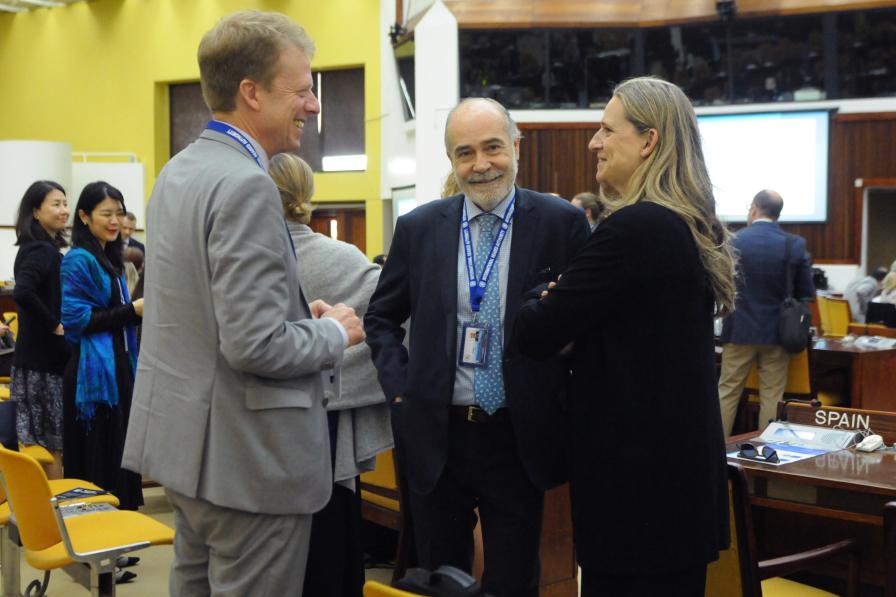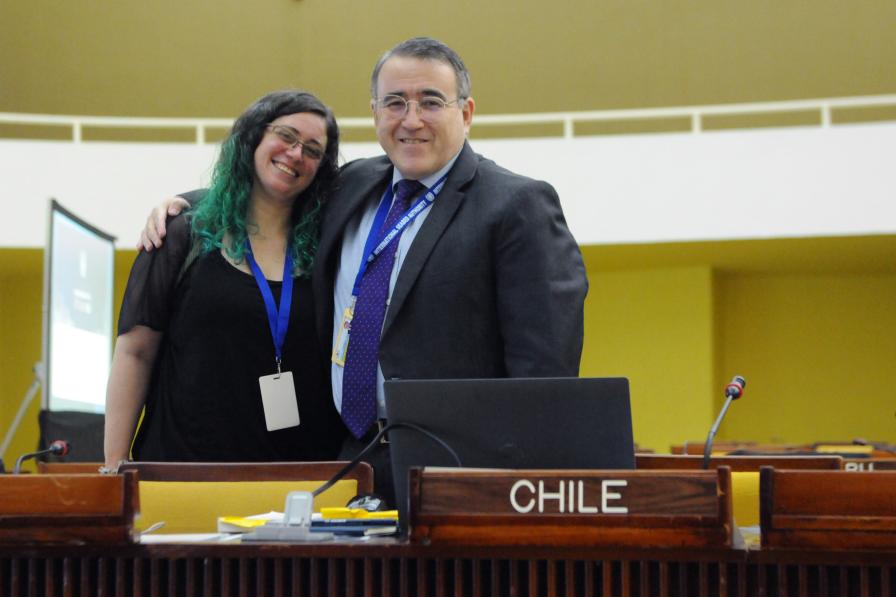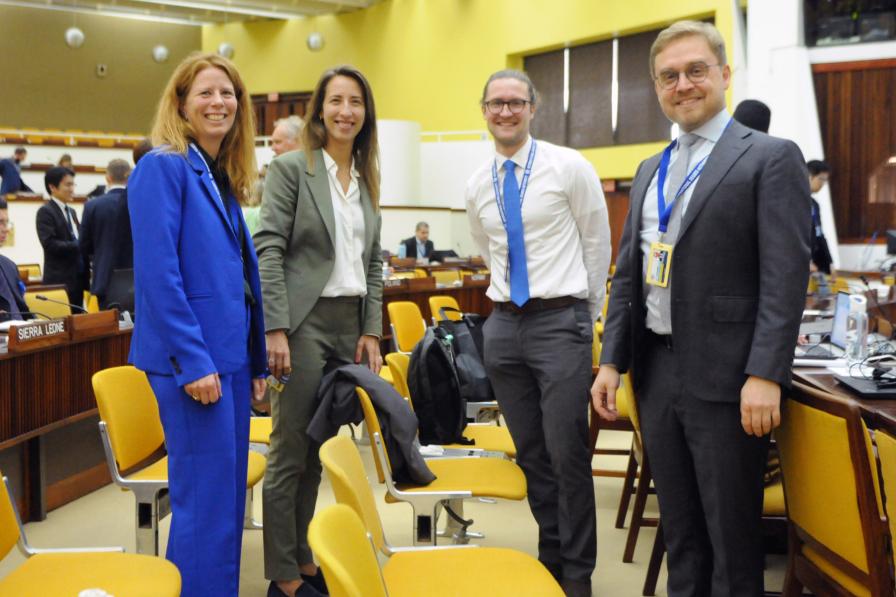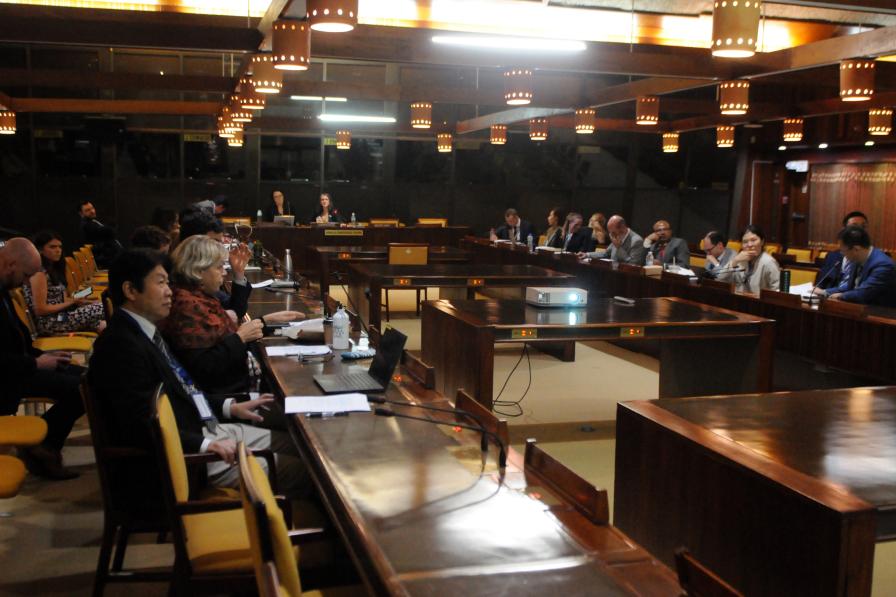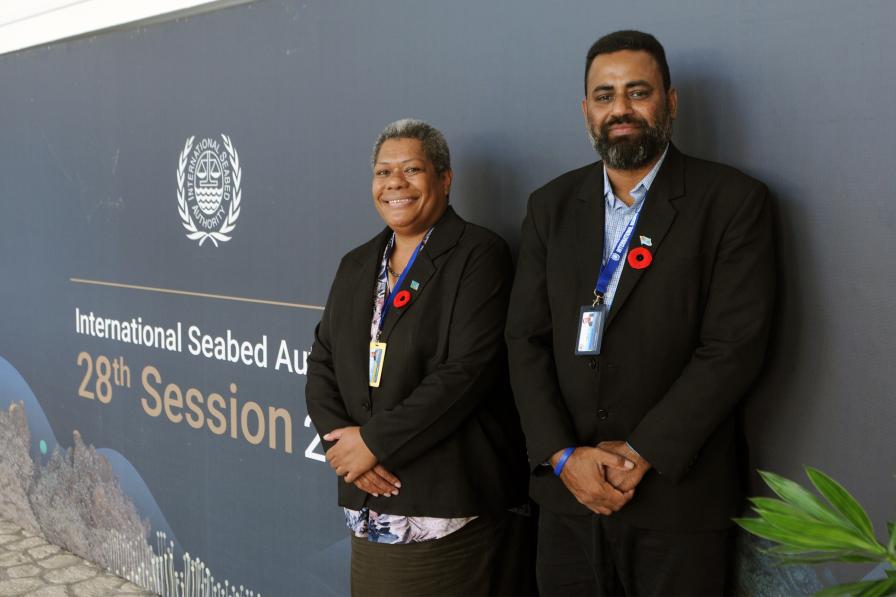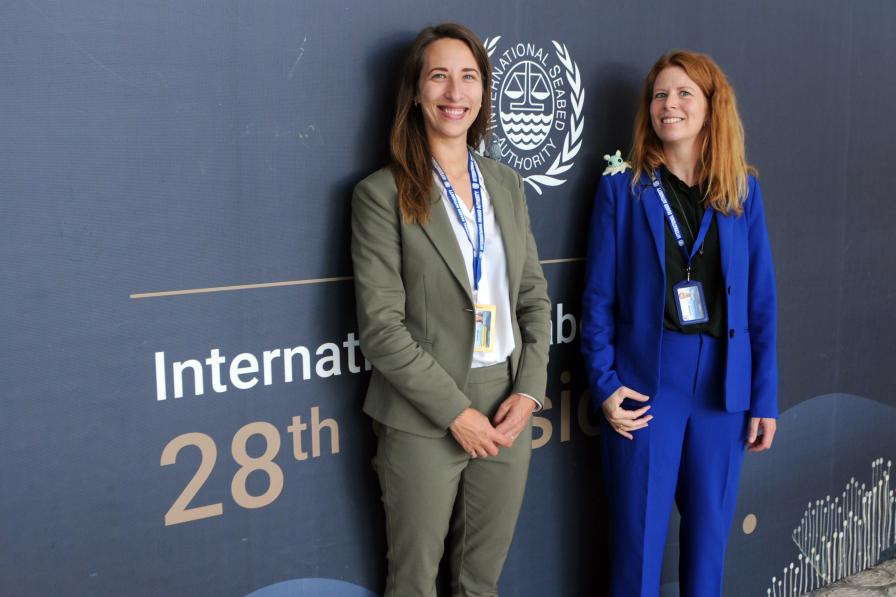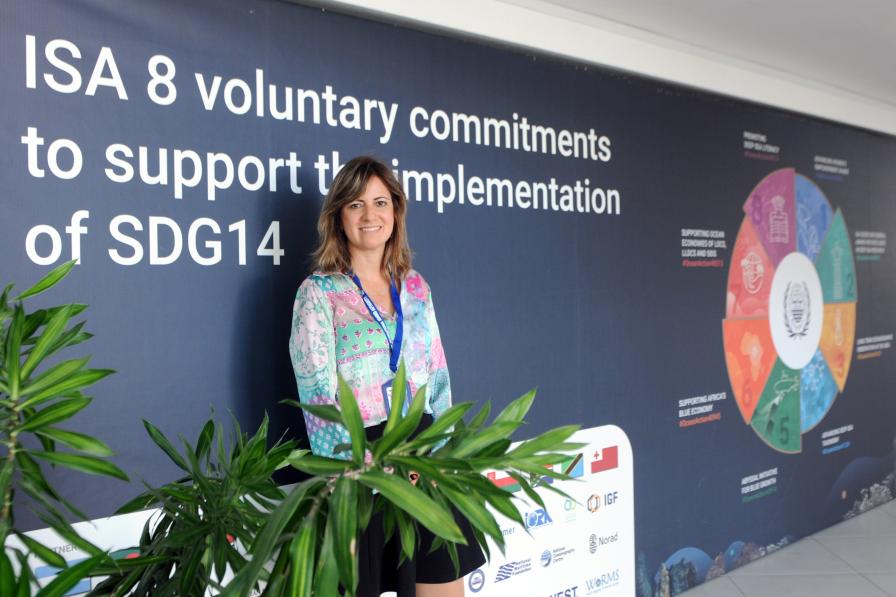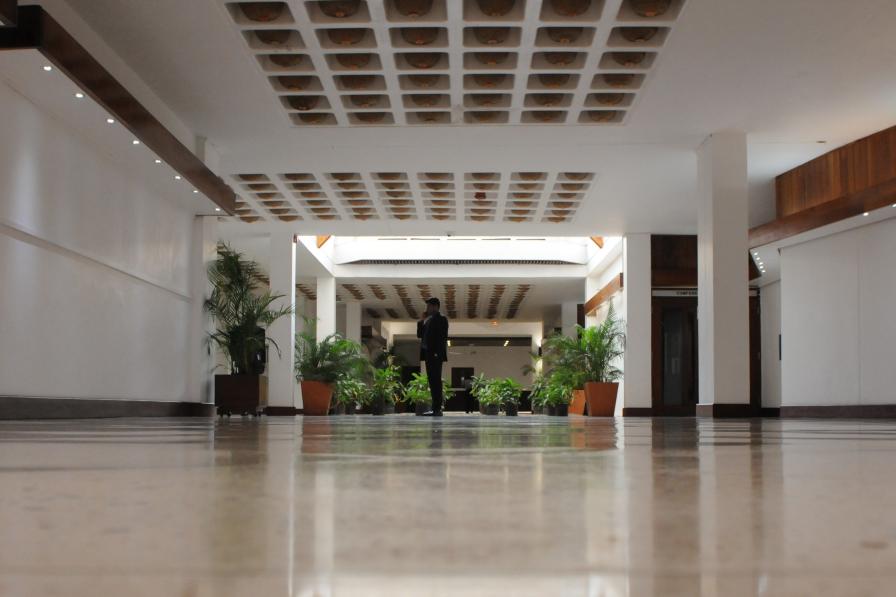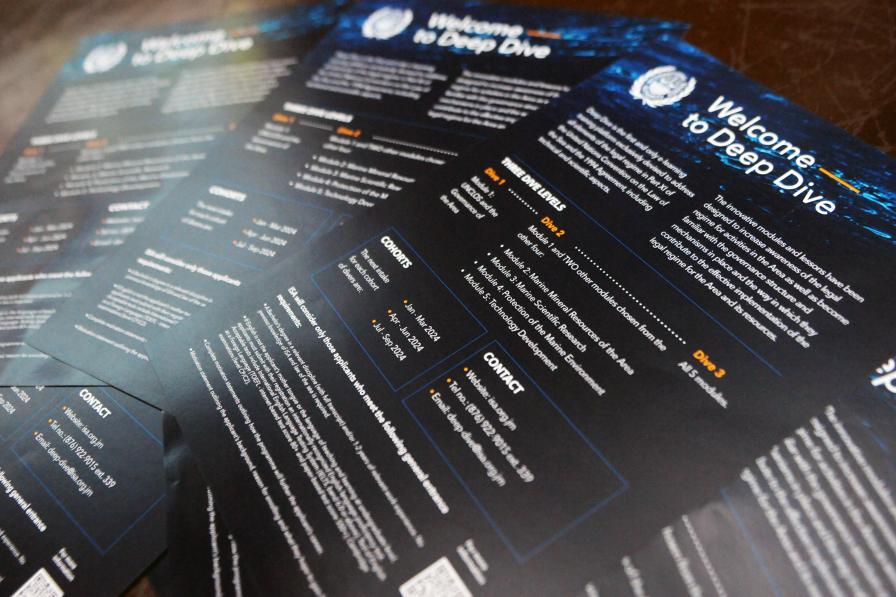Institutional matters, necessary for the proper functioning of a deep-sea mining regime, were the focus of Tuesday’s negotiations. Delegates discussed provisions addressing confidential information, settlement of disputes, and review of the regulations under the Informal Working Group on institutional matters, guided by co-facilitators Georgina Guillén-Grillo (Costa Rica) and Salvador Vega Telias (Chile).
On procedures to ensure confidentiality (regulation 90), many delegations opposed “good cause,” as a reason for exceptions to release confidential information, without reaching consensus. Regarding contractors’ consent for such release, a member pointed out that information may have to be disclosed without such consent in some situations. A delegation proposed that the Council, rather than the Secretary-General, establish the procedure to ensure confidentiality. A member proposed establishing a confidentiality committee to address these matters.
A delegate suggested, on non-disclosure of confidential information, including reference to those who “gain access to confidential information by reason of their duties for the International Seabed Authority (ISA).” On ISA recourse against its employees in case of breach of obligations relating to confidential information, some suggested spelling out the conditions for such recourse as well as relevant disciplinary measures.
On information to be submitted upon termination of an exploitation contract (regulation 91), delegates deleted that such information should be submitted “to the extent feasible,” and expressed divergent positions on whether 90 or 180 days should be the period for the submission.
Delegates expressed different preferences on the seabed mining register (regulation 92), on which specific details should be maintained on the information that the register shall contain. A delegation suggested including a reference to a timeframe for the publication of the information.
A group of countries stressed the need to ensure that all relevant documents, including those required by the exploitation regulations and ISA reports, recommendations, and decisions, for the entire cycle of operations, are uploaded to the register permanently, suggesting two additional provisions in that respect. They further suggested that the Secretary-General shall publish all environmental data and information relating to a contract area on a publicly accessible central data repository in accordance with the rules of the ISA and relevant standards and guidelines. Members welcomed the suggested additions. Some queried whether submitting that information prior to the submission of a plan of work would be applicable. An observer called for defining environmental data and applying the FAIR (findable, accessible, interoperable, and reusable) principle on data submission.
On settlement of disputes (regulation 106), several delegates agreed that the UN Convention on the Law of the Sea (UNCLOS) provisions suffice, suggesting streamlining the regulation accordingly. Many delegations opposed a suggestion to develop an administrative review mechanism, arguing that dispute settlement procedures provided in UNCLOS are so comprehensive that there is no need for establishing an additional one. Others expressed flexibility to further discuss an administrative review mechanism, with an observer suggesting, in addition to the dispute resolution mechanism under UNCLOS, a less onerous mechanism allowing contractors and other stakeholders to raise points of contention.
Many delegates convened on the need to clearly distinguish between the mandatory review of regulations (regulation 107) after five years and the Council’s discretion to conduct a review any time thereafter. A delegate suggested simplifying the regulation stating that “every five years, after the approval of these regulations by the Assembly, the Council shall adopt a decision on whether to undertake a review of the regulations, in accordance with UNCLOS and the 1994 Agreement.”
Another proposed, attracting mixed reactions, deleting the entire regulation. Some supported the proposal, noting that UNCLOS Article 162 (powers and functions of the Council) provides that the Council can review its rules, regulations, and procedures whenever it so wishes, thus covering the issues this regulation addresses. Others emphasized that a specific process for the review of the regulations needs to be included.
On retroactivity, some pointed to the Vienna Convention on the Law of Treaties, ensuring that any amendments to the regulations, adopted by the Council and the Assembly, shall not be applied retroactively. Others stressed that the retroactivity provision in the Vienna Convention addresses a different situation as it addresses actions that took place before a change of rules. They underscored that amending the regulations will apply to future actions by the contractors and they will need to conform to any changes.
Delegates briefly addressed the use of terms and scope (regulation 1). Co-facilitators Guillén-Grillo and Vega Telias stressed that the group had finished the first reading of all regulations under its purview, thanked delegates for their hard work, and closed the meeting of the working group.
To receive free coverage of global environmental events delivered to your inbox, subscribe to the ENB Update newsletter.
All ENB photos are free to use with attribution. For the 3rd Part of the 28th Annual Session of the ISA, please use: Photo by IISD/ENB | Diego Noguera
Informal Working Group on Institutional Matters
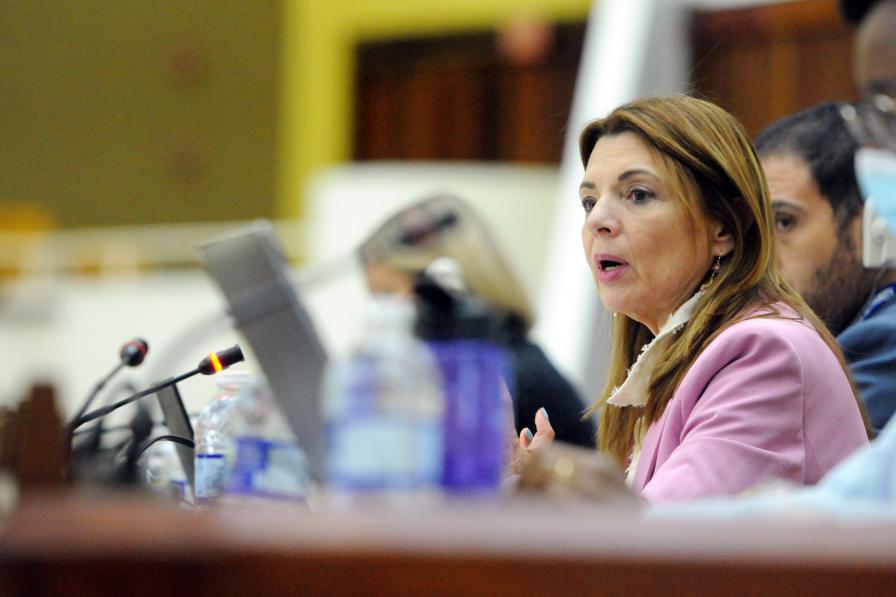
Gina Guillén Grillo, Costa Rica, Co-facilitator of the Informal Working group on institutional matters
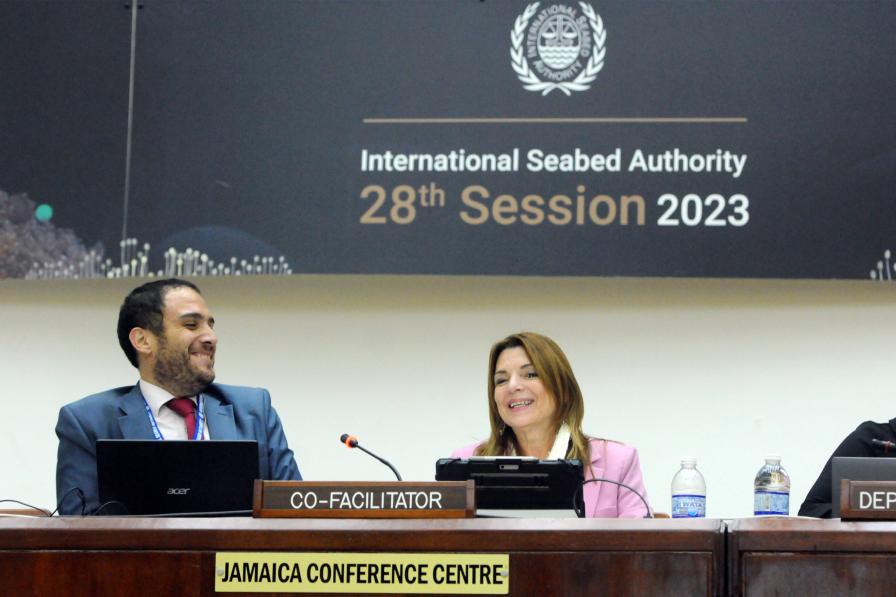
Salvador Vega Telias, Chile, congratulates Gina Guillén Grillo, Costa Rica, on her birthday at the end of the session.
